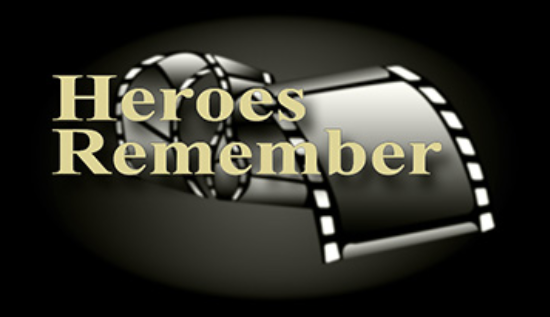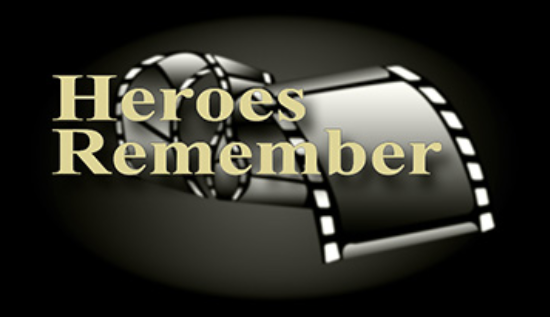Given Their Orders
Heroes Remember
Given Their Orders
Transcript
Description
Mr. Grand describes that when the crossing of the beach at Dieppe got underway, those aboard his ship were called to the main deck to be told where they were going and why.
John Grand
Mr. Grand was born in 1909 in, as he described it, “a small hamlet in the wilderness of southern Manitoba.” His father homesteaded in Manitoba and then Saskatchewan. John Grand described his growing up during the Depression as poor and tough.
Mr. Grand was very interested in electronics as a teenager and held an amateur radio licence. He tried to join the Signal Corps in the 1930's, but was rejected for being “too flat-chested”. He remembers being so poor that he often joined the soup line to get something to eat. His first job was on the assembly line at Canadian Marconi for eleven cents an hour.
He joined the Royal Canadian Corps of Signals when war was declared in 1939. He was first assigned as a radio operator, but when his superiors saw his mechanical skills he was quickly re-assigned as a radio technician. His overseas service included landing at Dieppe, participating in the Normandy Campaign and in the liberation of Holland.
Meta Data
- Medium:
- Video
- Owner:
- Veterans Affairs Canada
- Duration:
- 03:55
- Person Interviewed:
- John Grand
- War, Conflict or Mission:
- Second World War
- Location/Theatre:
- Europe
- Battle/Campaign:
- Dieppe
- Branch:
- Army
- Units/Ship:
- Royal Canadian Signals Corps
- Rank:
- Staff Sergeant
- Occupation:
- Radio Operator and Technician
Related Videos
- Date modified:





